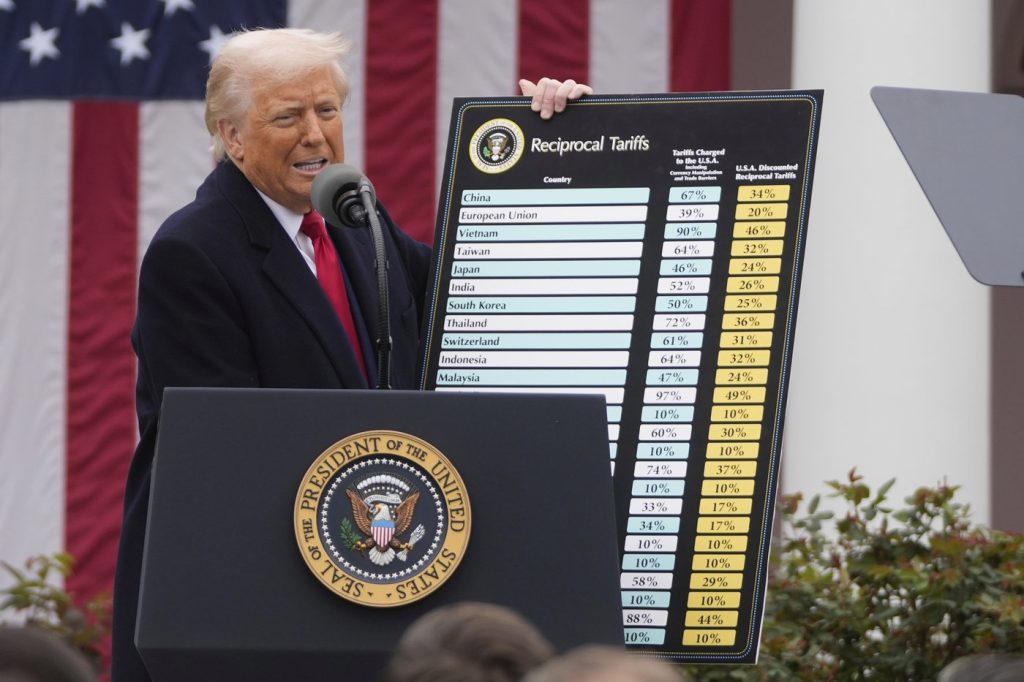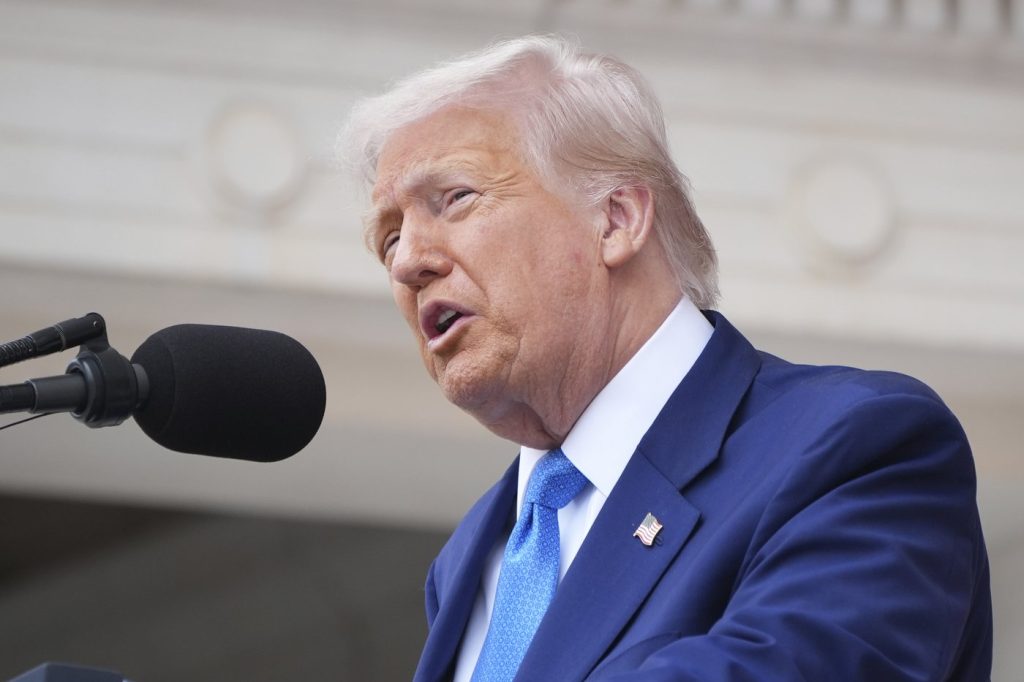On Wednesday, in a significant legal setback for President Donald Trump, the U.S. Court of International Trade ruled against his administration's sweeping tariffs, including the so-called 0Liberation Day0 tariffs and additional duties related to fentanyl targeting Canada and Mexico. The court determined that Trump does not possess the authority to impose such tariffs on nearly every country under the International Economic Emergency Powers Act (IEEPA) of 1977.
The IEEPA is a national security measure that grants the U.S. president the power to manage economic transactions following a declared national emergency. However, the three-judge panel from the New York-based federal court concluded that "any interpretation of IEEPA that delegates unlimited tariff authority is unconstitutional." Consequently, the court mentioned that "the challenged tariff orders will be vacated," effectively issuing a nationwide injunction that prohibits any further imposition of the tariffs.
In response to the ruling, it is anticipated that the Trump administration will pursue an appeal. White House spokesman Kush Desai asserted that "it is not for unelected judges to decide how to properly address a national emergency." He emphasized Trump's commitment to putting America First, stating, "the Administration is committed to using every lever of executive power to address this crisis and restore American Greatness."
The decision has already generated widespread concern over the future implementation of Trump’s signature economic policy. Global stock markets are experiencing turmoil, and supply chains have been disrupted as a result of Trump's unprecedented use of presidential power to enact these tariffs. Historically, the IEEPA had never been used by any president to impose tariffs until Trump's administration.
In March, Trump had imposed economy-wide tariffs on Canada, asserting a national emergency related to the flow of fentanyl across the northern border. Just days later, he suspended those levies for imports that complied with the Canada-U.S.-Mexico Agreement. Notably, U.S. government data indicates a negligible amount of fentanyl is actually seized at this border.
In April, Trump expanded his trade strategy globally, imposing tariffs on nearly all countries, citing America's trade deficits as a national emergency. Although he later retracted some of the more severe tariffs, a 10 percent universal tariff remained in effect for most nations. Trump indicated that the 90-day pause on tariff increases would allow for negotiations, stating that if countries did not comply, he would determine the tariff rates himself.
The White House emphasized that "historic and persistent" trade deficits constitute a national emergency. Desai noted that these deficits "decimated American communities, left our workers behind, and weakened our defense industrial base," which the court did not dispute.
The court's ruling addressed two separate lawsuits challenging Trump's tariffs—one brought by five small American businesses and another from twelve states contesting both the 0Liberation Day0 duties and the fentanyl-related tariffs. Currently, at least seven lawsuits are working to oppose the tariffs.
George Mason University law professor Ilya Somin, representing the small businesses, characterized the ruling as a substantial victory, asserting that it confirms the president cannot claim such extensive tariff authority. He argued that the IEEPA does not mention tariffs or duties, asserting that the U.S. Constitution grants the power over tariffs to Congress, indicating that Trump has misapplied the statute.
The lawyers representing states, including Arizona, Colorado, and others, argued that Trump's tariffs subject U.S. trade policy to his unpredictable decisions. The court ultimately ruled that Trump's broad application of tariffs against virtually every nation exceeds the framework of IEEPA and is unconstitutional. Additionally, it blocked the fentanyl-related tariffs, stating they are not justified by the threats Trump cited in his executive order.
Somin expressed that the court's decision is a significant victory against what he termed "illegal, harmful and abusive tariffs." Highlighting the implications for Canada, he noted that an amicus brief from the Canadian government would be welcomed if the White House seeks to lift the injunction against the tariffs.
While the court halted the discussed tariffs, Canada continues to face existing tariffs imposed by Trump on steel, aluminum, and automobiles, which were enacted under different authorities outlined in the Trade Expansion Act of 1962.












